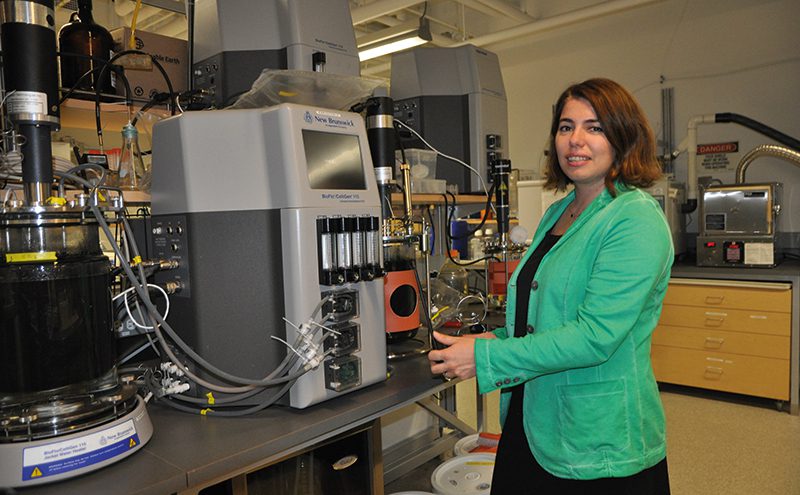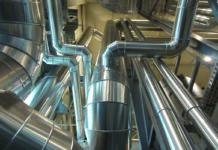
Researchers from the University of British Columbia recently announced a solution which they suggest dramatically reduces the odours produced from subjecting wastewater to anaerobic digestion.
The method is basically a new way of making wastewater treatment dramatically safer and better smelling by using common and inexpensive chemicals.
Cigdem Eskicioglu, an associate professor with UBC Okanagan’s School of Engineering, says many wastewater treatment facilities use AD as an effective way to recover energy and nutrients from wastewater residual sludge. However, the process also produces toxic, corrosive and extremely odourous sulphuric gases, like hydrogen sulphide, which has made the technology controversial when seeking planning permission among communities.
“There are strong arguments for wastewater treatment facilities to use anaerobic digestion, but the equipment required to control odour and to make the biogas safe have been an expensive barrier,” says Eskicioglu, co-author on the study, commenting in the science publication Phys.Org. “We’ve discovered a formula that seems to solve that problem.”
Eskicioglu, postdoctoral research fellow Deniz Akgul, and PhD student Timothy Abbott tested novel combinations and doses of common commercial chemicals, called metal salts, during the fermentation process to see if the offensive smells could be controlled. The results were dramatic.
“Not only were we able to reduce the production of sulphuric gases by 93 per cent, to the point that they became nearly imperceptible, but we unexpectedly discovered that pathogenic fecal coliforms in the digested sludge were reduced by 83 per cent,” says Abbott. “Digestion performance and biogas production remained completely intact and the leftover material was much safer for eventual use in applications such as agricultural fertilizers.”
The researchers also discovered that adding metal salts improved their ability to remove water from the digested sludge, which is a necessary step for final disposal.







